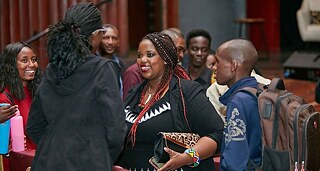Literature
Macondo Literary Festival
By Anja Bengelstorff
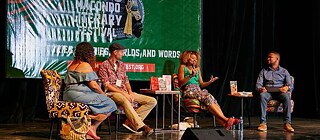
Among the guest authors was Dina Salústio, the first woman of her country, Cape Verde, to ever publish a novel. She is also the first female author of her nation to have a novel translated into English (The Madwoman of Serrano). The Macondo Literary Festival also featured Brazilian first-time author Geovani Martins, whose short story collection was published in Portuguese when he was twenty-seven—the English translation, The Sun on My Head, celebrated its Africa launch at the festival in Nairobi. And this is just the beginning.
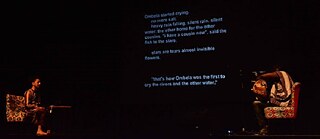
For many of the new generation of writers and novelists from and of Africa, the use of African history as source and material in their works appears to play a significant role. These African writers’ historical fiction, arguably, sets them apart from the official narratives of the continent’s past, like those by former colonial powers or other dominant political entities. In trying to fill the voids of history where African voices are missing, to find words for unspeakable recent tragedies and to distance themselves from the legacy of the colonial powers, the authors write the history of Africa anew.
But almost all contemporary African literature read in Anglophone African countries such as Kenya is originally written in English, by authors from other former British colonies such as Nigeria, Ghana or Zimbabwe. Translations of works by authors from the Lusophone and Francophone spheres of Africa into English have been extremely rare. The consequence of this void is that African authors are telling their stories, creating works of art, but they are often not heard or read beyond their own linguistic realms.
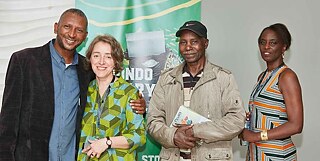
Identity is shaped by knowing and understanding the past, in order to make sense of the present and possibly shape a promising future. This is, according to festival founders Anja Bengelstorff and Yvonne Adhiambo Owuor, where the Macondo Literary Festival is positioned.
For the first edition of the festival at the Kenya National Theatre in Nairobi, Lusophone African authors from Mozambique (Ungulani Ba Ka Khosa), Angola (Ondjaki), Guinea-Bissau (Yovanka Paquete Perdigao) and Cape Verde (Dina Salústio) were invited. In recent years, several novels by contemporary Lusophone African writers got translated into English for the first time, among those were works by Ondjaki and Salústio. This makes these writings accessible to a much wider audience.
From the Anglophone African region were invited: from Kenya, festival co-founder Yvonne Adhiambo Owuor and Peter Kimani; from Zimbabwe, Novuyo Rosa Tshuma; from Nigeria, Abubakar Adam Ibrahim; and Jonny Steinberg from South Africa. Jethro Soutar, translator from the Portuguese to English, and Angolan-Portuguese filmmaker João Viana complete the guest list of twelve.
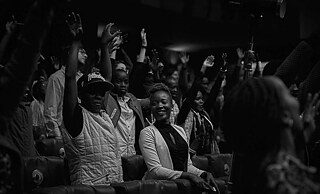
Based on the feedback by members of the audience and guest authors alike, the festival was a great success. The responses were overwhelmingly positive with regard to the execution of the event, the topics of the individual events and, not least, the fact that a book-loving audience was able to engage for the first time with authors from a part of Africa that, until then, had been unknown to them.
Nigerian writer Abubakar Adam Ibrahim reflected:
"It was a unique festival because, for the first time, there was a deliberate effort to mainstream Lusophone writers in a predominantly Anglophone festival circuit on the continent. It was enriching because it gave me the chance to immerse deeper into the fascinating literature of Lusophone Africa and to discover more writers from this part of the continent. What the Macondo Literary Festival did was to use magic to blur the lines between Anglophone and Lusophone Africa. That is something you just don’t see often, if ever."
Sahara Abdi, a Kenyan visitor and writer who attended most of the sessions, had this to say:
"It was great and eye-opening. I had attended so many literary festivals before in the country, but that one: there was none like it before. The conversations and even topics were enriching. I think in most festivals, and this is my opinion, they were just happening to tick boxes, but what I saw different with Macondo was that it was actually a way to revolutionise our thinking as artists (writers), why we write, who we write for. I actually enjoyed almost all the sessions (...), the insights and questions from the audience, I was like, someday if this goes on, we will write the right history of Kenya. Not the fallacy that we know of as 'independence’ since '63."
